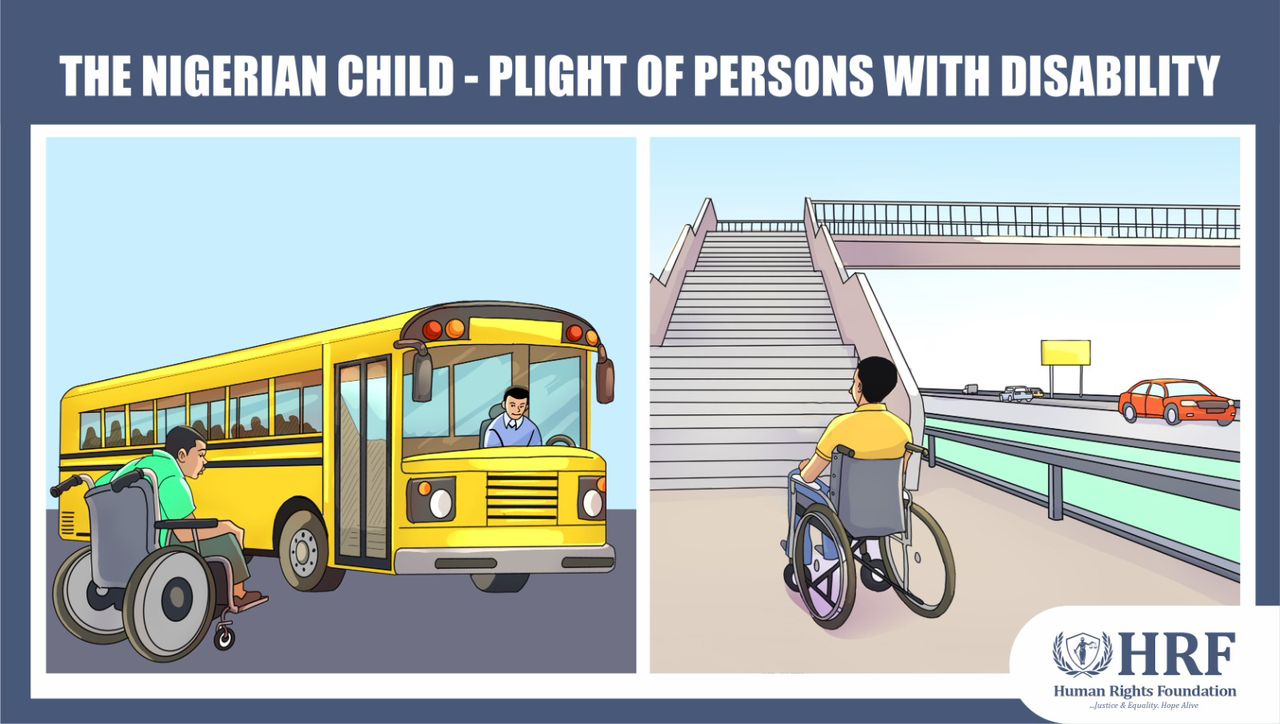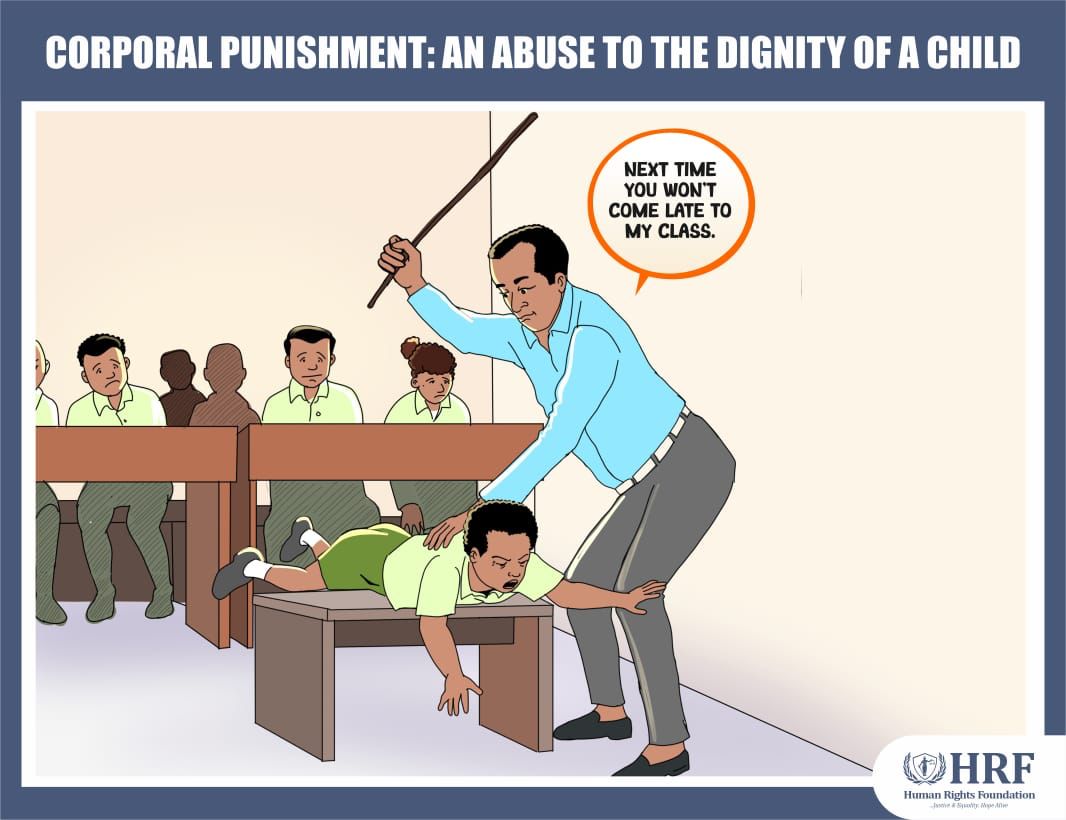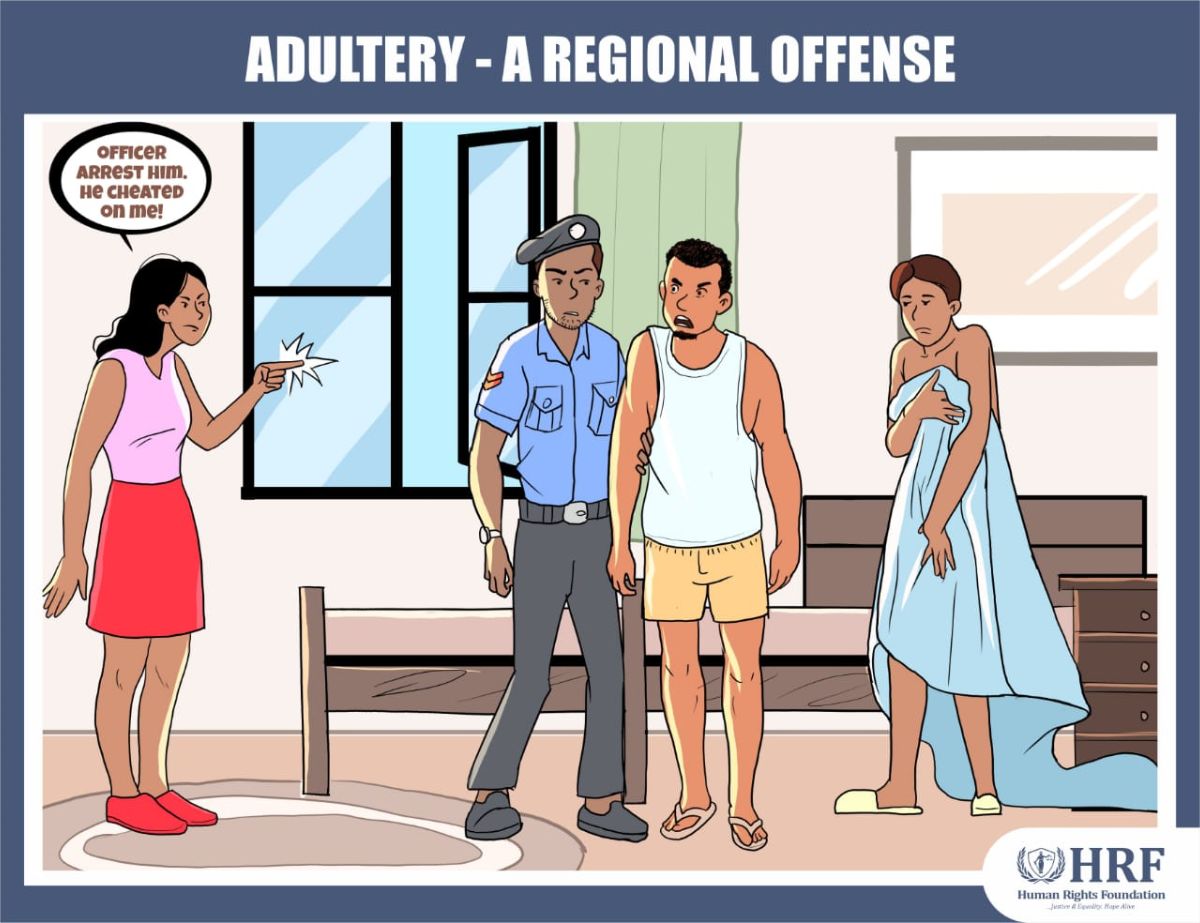
Any able-body Nigerian knows how tedious getting around Lagos can be through the hectic traffic of automobiles and pedestrians, especially children with disability.
Recently, Punch Newspaper highlighted the plight of Fatimah Aderonmu with her struggle to attend classes after being admitted to the Nigerian Open University in Lagos. Though now 24, her saga began after losing the use of her limbs at the age of 11. She described her dilemma utilizing public transport and pedestrian bridges without accessibility for disabled citizens. Aderonmu is one of the lucky ones who managed to reach a higher institutional level of education. However, that is not the case for most of her counterparts whose parents cannot afford to hire private vehicles to transport them to and from their elementary or high schools.
Last year, the Nigerian government revealed 90% of its children with disabilities had no access to elementary education. The Minister of Women Affairs, Paullen Tallen, made the revelation at a national conference held in Abuja. At the time, she highlighted the Covid-19 pandemic as a catalyst in exposing the inundating challenges faced by People Living with Disabilities (PLWD).
Due to the stigma and discrimination endured by PLWD, especially children, they often have challenges to other social amenities needed to access education, such as public transport and infrastructure. According to the Discrimination Against Persons with Disabilities (Prohibition) Act in 2018 by the National Assembly prohibits and criminalizes the discrimination of PLWD by any individual or corporate entity. For individuals, the Act penalizes any liable party upon conviction of an offense to N100,000 or six months imprisonment or both. In addition, corporate entities would also be liable to a N1,000,000 fine when convicted of any discrimination.
In addition, Lagos State People’s Law, which was enacted in 2011 to address the plight of disabled individuals in the state, has fallen short of its mandate regarding its implementation. To date, States and the federal government are both complacent to the laws they ratified by not providing the infrastructure needed to aid disabled children attain their maximum potential as promised.
Unless this issue is addressed, a civil lawsuit and a call for accountability are definitely in order.



.jpg)
0 Comments